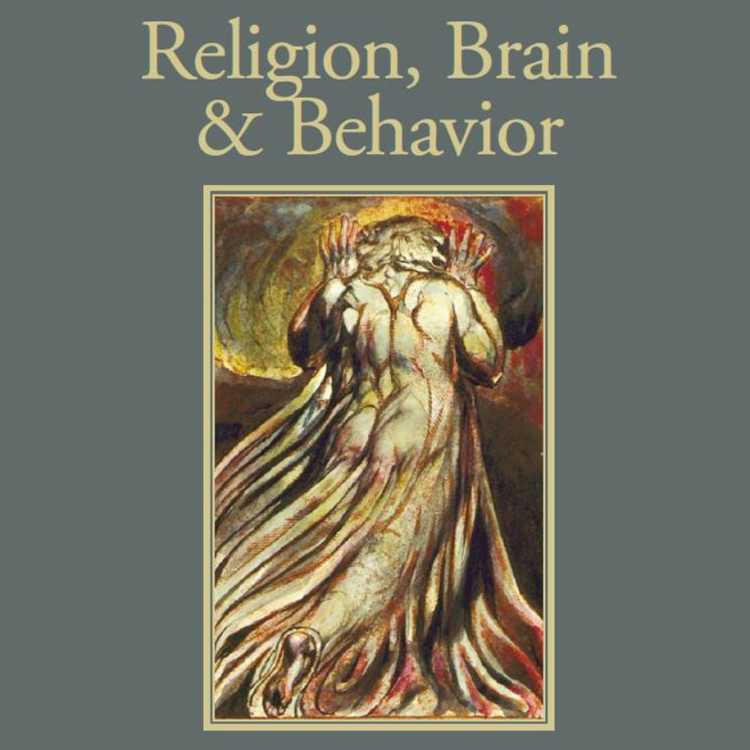Post-Doctoral Fellow Justin Lane
Religion, Brain and Behavior
June 29, 2017
Introduction: God is Watching You presents a comprehensive overview of the supernatural punishment hypothesis (SPH). In brief, the SPH posits that human behavior is influenced by the fear of punishment from supernatural agents. What this relies upon is the premise – well founded in my opinion – that individuals cooperate because defection may result in some punishment or loss. However, the SPH draws a distinction between punishment enacted by real-world actors and punishment that is interpreted to be enacted by supernatural agents; namely, supernatural agents can see everything that one does and thinks and therefore can punish individuals who defect even when nobody else is watching. God is Watching You is a great work suitable for anyone interested in evolutionary accounts of human sociality and religion. Johnson does a service to the field by providing a detailed narrative description of the SPH. Given the breadth of literature that Johnson relies upon, I expect that commentaries and criticisms will focus on how valid the experimental evidence is given that few of the studies he cites were devised specifically to test the SPH. Additionally, commentaries might focus on debates and discussions concerning the extent to which anecdotal and historical evidence is appropriately framed when used to justify the target proposal. I believe that the wealth of descriptive knowledge that scholars can bring to bear concerning proposals such as Johnson’s can be an extremely valuable undertaking (a recent example is provided by Martin & Wiebe, 2014). However, no theory in the “social sciences” can be expected to be true in all cases. Therefore, I hope to take the opportunity to critically engage with the SPH at a different level. I believe Johnson offers – among other things – a well-formulated theory for how religious beliefs affected human evolution by manipulating how we cooperate with one another. I aim to utilize a previous model (Axelrod & Hamilton, 1981) as a foundation for the creation of a new computer model that formalizes the key theoretical propositions of the SPH. This is done as a preliminary test of the theory’s propositions and provides a framework for greater clarity. This model can be utilized to extend and revise the theory as it develops in light of future empirical results and theoretical critiques.



